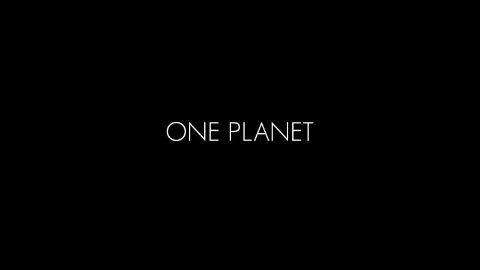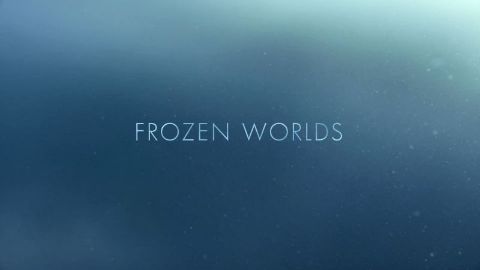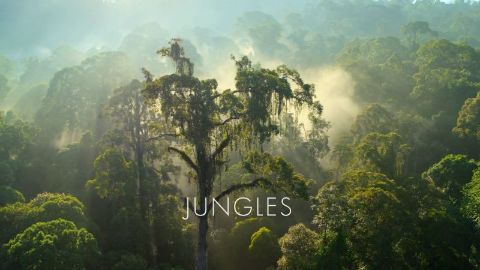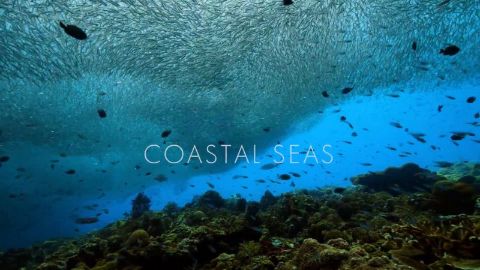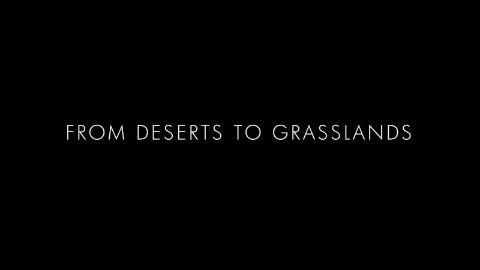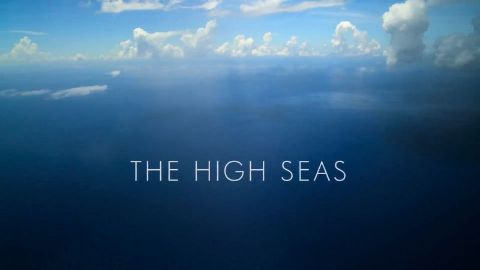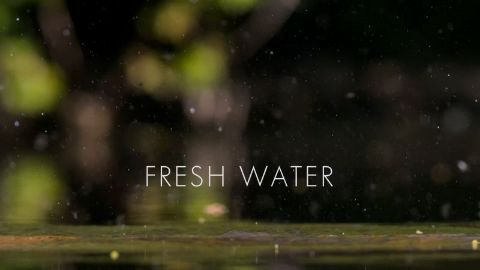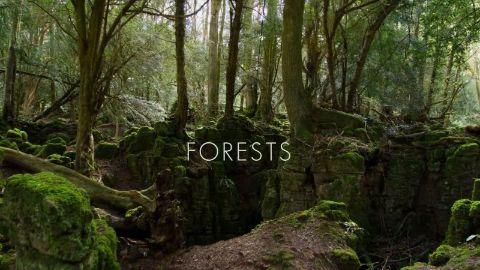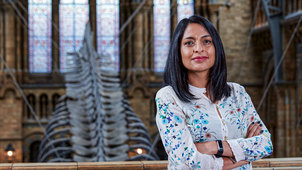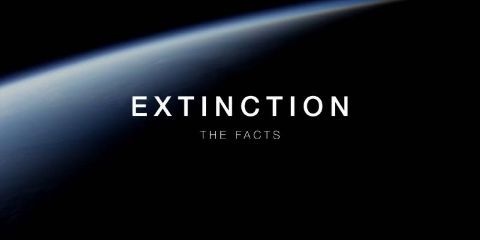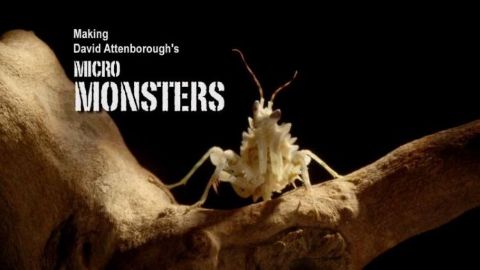Our Planet • 2019 - 2023 • 12 episodes •
Witness the planet's breathtaking diversity -- from seabirds carpet-bombing the ocean to wildebeests eluding the wild dogs of the Serengeti.
2019 • Nature
On the unforgiving frontier of climate change, polar bears, walruses, seals and penguins find their icy Edens in peril.
2019 • Nature
From fearsome sharks to lowly urchins, 90 percent of marine creatures live in coastal waters. Protecting these habitats is a battle humanity must win.
2019 • Nature
Cameras follow desert elephants seeking sustenance, bison roaming North American grasslands and caterpillars living the good life underground.
2019 • Nature
Venture into the deep, dark and desolate oceans that are home to an abundance of beautiful -- and downright strange -- creatures.
2019 • Nature
The need for fresh water is as strong as ever. However, the supply is becoming increasingly unpredictable for all manner of species.
2019 • Nature
Be it buffalo, polar bears, humpback whales or albatross chicks, migration is a vital survival strategy for animals to feed, reproduce and find homes.
2023 • Nature
As summer spreads across our solar-powered planet, honey bees toil, snow geese breed, tadpoles awaken and lions stalk wildebeest in search of lush grass.
2023 • Nature
Left to fend for themselves until they find their footing, baby sea turtles, elephant seal pups, pumas and crabs bravely trek towards adolescence.
2023 • Nature
As snow geese, antelope, army ants and gray whales dodge predators and pollution, get a closer look at how the modern world impacts animal migration.
2023 • Nature
